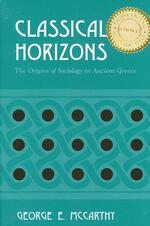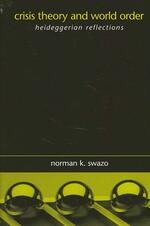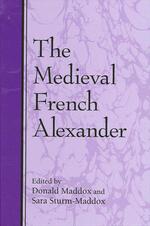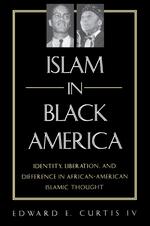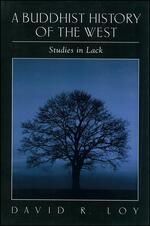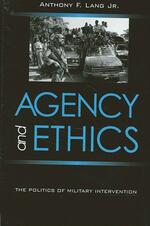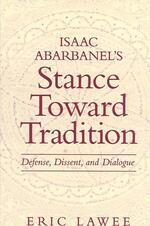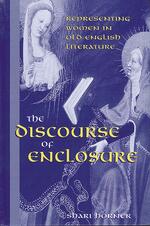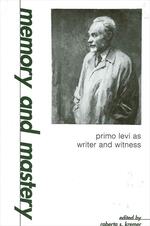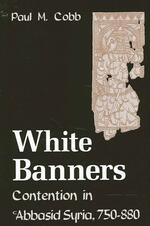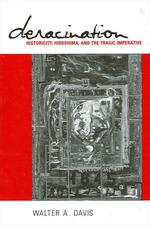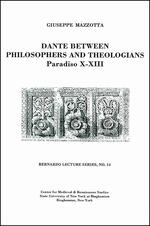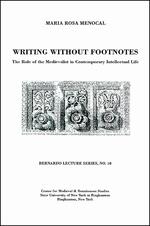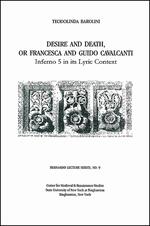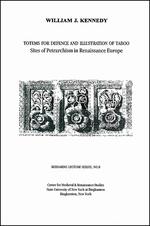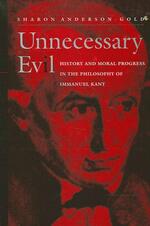History
Constructing a World
Examines recent developments in historical fiction, with particular attention to the way contemporary writers have portrayed Shakespearean England.
Classical Horizons
Argues that classical social theory has its intellectual and moral roots in classical Greece.
Winner CHOICE 2003 Outstanding Academic Title
“McCarthy’s … erudition may very well render this work a contemporary classic in the continuing discussion of a maturing discipline.” — CHOICE
Crisis Theory and World Order
Uses Heidegger’s philosophy to critique and remedy “world order thinking” in international politics.
The Medieval French Alexander
Explores the significance of Alexander the Great in French medieval literature and culture.
Islam in Black America
Explores modern African-American Islamic thought within the context of Islamic history, giving special attention to questions of universality versus particularity.
Steel and Steelworkers
Breaks new ground in the study of an industry and region crucial to the history of American industrial capitalism.
A Buddhist History of the West
A Buddhist interpretation of Western history that shows civilization shaped by the self's desire for groundedness.
Choosing Where to Fight
Examines how organized labor has decided where to pursue its interests.
Agency and Ethics
Explains why military interventions with humanitarian goals consistently fail.
Isaac Abarbanel's Stance Toward Tradition
Explores the thought of Isaac Abarbanel, courtier-financier and important Jewish thinker at the turn of the sixteenth century, from the perspective of his negotiation with Jewish tradition.
Labor in Retreat
Offers a fresh perspective on the origins of business unionism.
With My Profound Reverence for the Victims
Lithographs by American painter George Bellows, depicting the horrors and atrocities of World War I.
Israeli Planners and Designers
In their own words, the stories of the men and women who are the planners, architects, community organizers--the hidden builders--of the modern state of Israel.
The Discourse of Enclosure
Examines representations of women and femininity in Old English poetry and prose.
Memory and Mastery
Interdisciplinary explorations into the work of one of the premier writer-survivors of the Holocaust.
The Political Party Matrix
Argues that the political party remains an institution whose primary purpose is to allow elites to coordinate their activities in the political area.
White Banners
Examines the fall of the Syrian Umayyad caliphate and the rise of the 'Abbasid state, predominantly from the view of the local inhabitants of medieval Syria.
Deracination
Attempts to comprehend the traumatic significance of Hiroshima in order to construct a new theory of history.
The Case of the Minimum Wage
Places contemporary minimum wage debates in historical context, stressing the importance of political as opposed to economic variables.
Jewish Baby Boomers
A thorough analysis of the religious and ethnic identification of America's Jewish baby boomers.
Dante Between Philosophers and Theologians: Paradiso X - XIII
Raises the radical question of how Dante’s understanding of poetry shaped his theology, his ethics, and, more generally his sense of the organization of knowledge or encyclopedia.
Writing Without Footnotes: The Role of the Medievalist in Contemporary Intellectual Life
Argues that academics’ intellectual engagement with a public beyond the walls of their own specialties, and even beyond the walls of the academy, was long a commonplace and significant part of the work of professors and writers in the humanities.
Desire and Death, or Francesca and Guido Cavalcanti: Inferno 5 in Its Lyric Context
Explores the lyric context of Inferno 5.
Totems for Defence and Illustration of Taboo: Sites of Petrarchism in Renaissance Europe
Argues that critical comments appended to early printed editions of Petrarch’s Rime sparse inflected the reception and understanding of Petrarch’s vernacular poetry in Renaissance Europe.
Unnecessary Evil
Demonstrates the systematic connection between Kant's ethics and his philosophy of history.

